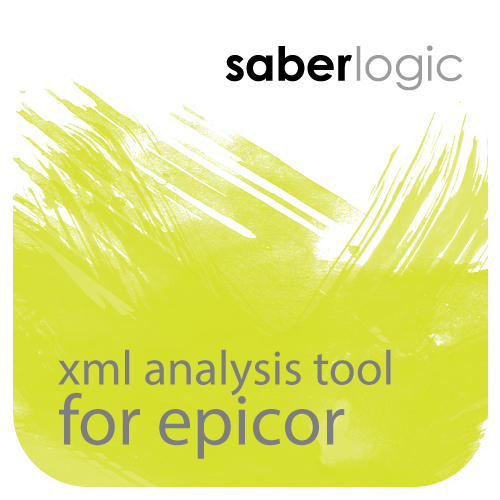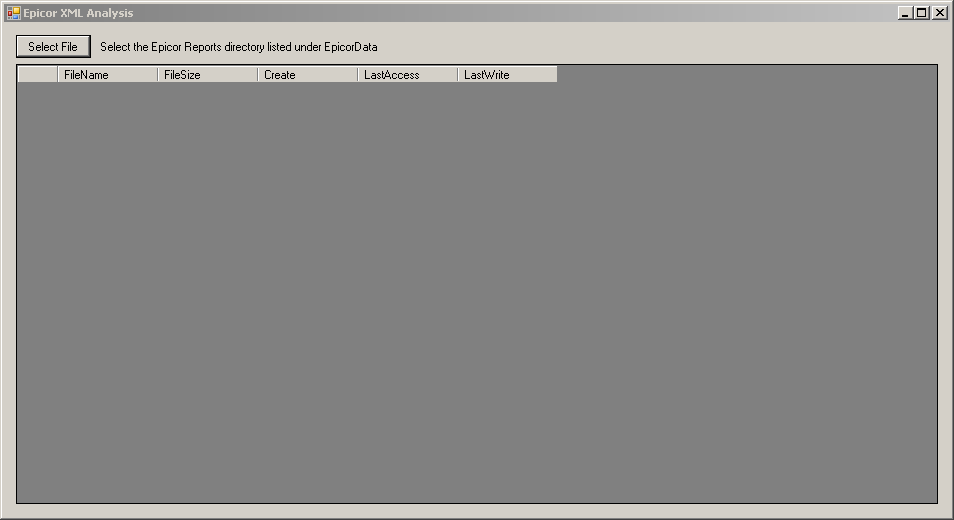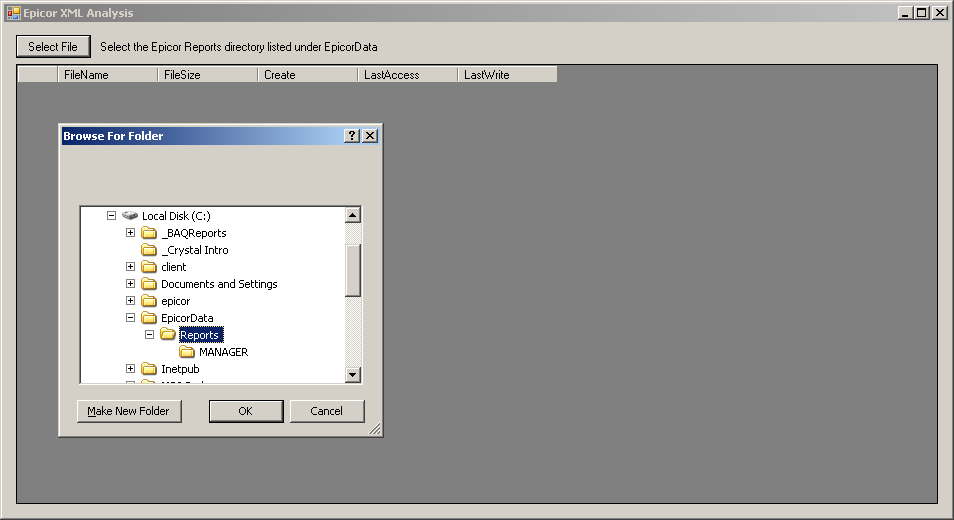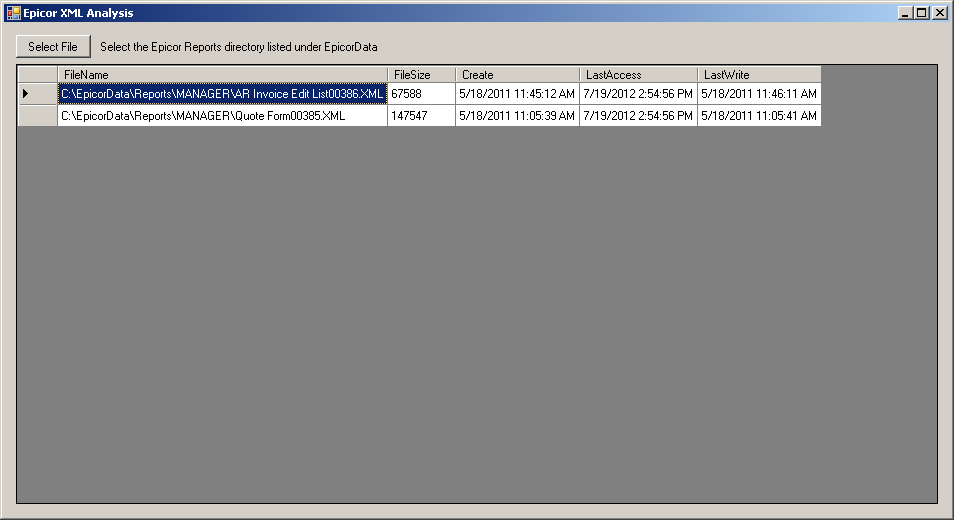Troubleshooting Slow BAQs in Epicor 9 and Vantage
 When the performance of your Epicor 9 or Vantage 8 ERP implementation starts to slow down and causes performance issues for other users and operations, then it is time to look for the cause. What tools are available to diagnose the reason behind a slowdown so that steps can be taken to prevent it from happening again and again?
When the performance of your Epicor 9 or Vantage 8 ERP implementation starts to slow down and causes performance issues for other users and operations, then it is time to look for the cause. What tools are available to diagnose the reason behind a slowdown so that steps can be taken to prevent it from happening again and again?
One area where problems can often develop is with BAQ’s, where incorrect joins can cause a multitude of performance issues. Not only will the report itself run slower, but the amount of time and resources that goes into retrieving the data will deprive others users and tasks from having access to Epicor's full potential. How can we pinpoint these issues?
One way of determining which reports which may have an incorrect join, or are over-utilizing resources by requesting too much data, is to analyze the size of the XML output generated from the BAQ when processing the report. Easy right? Well, the issue is that Epicor report data folders are structured according to the userid of the person initiating the request. Because of this, there is no simple way to quickly perform a system-wide analysis. SaberLogic has developed an XML Analysis tool which walks through all of the Epicor report data directories and consolidates all of the XML file information into a single sortable grid for one-stop analysis.
How does it work?
When first launching the application, you will be presented with the following form:
To initiate processing, click on the “Select File” button. This will launch a folder selection dialog box where you can browse to the main folder location where your report data directory is located.
This file location can either be locally resident or on the network.
After selecting the folder location (click ok in the selection dialog box), processing will begin. All of the subfolders located under the selected folder will be analyzed and information gathered on all of the XML files contained within those folders. The grid will then refresh with all of the relevant information about the XML files encountered.
Information provided includes:
- Who ran the report (information embedded within the file name),
- The size of the report,
- When the report was created,
- When the file was last accessed and
- The date and time stamp of the last time the file was created/updated.
You’ll also be able to utilize the standard column sorting capabilities with the grid to arrange the data as it best suits your needs in analysis.
We are excited to provide the SaberLogic XML Analysis tool for Epicor 9 and Vantage 8 as a free download. Click here to download!




